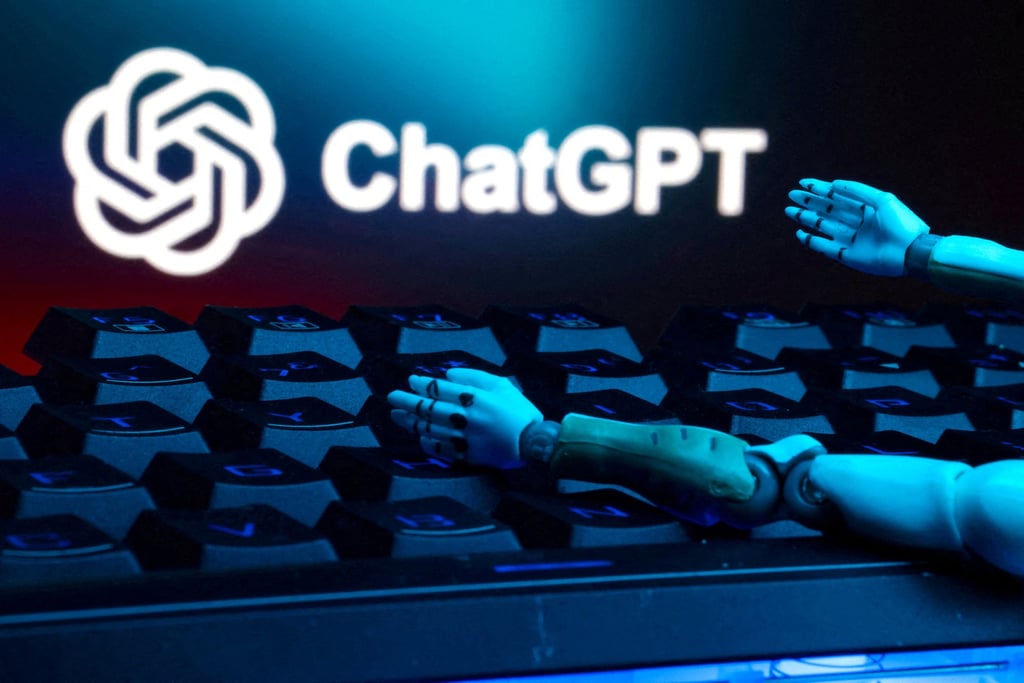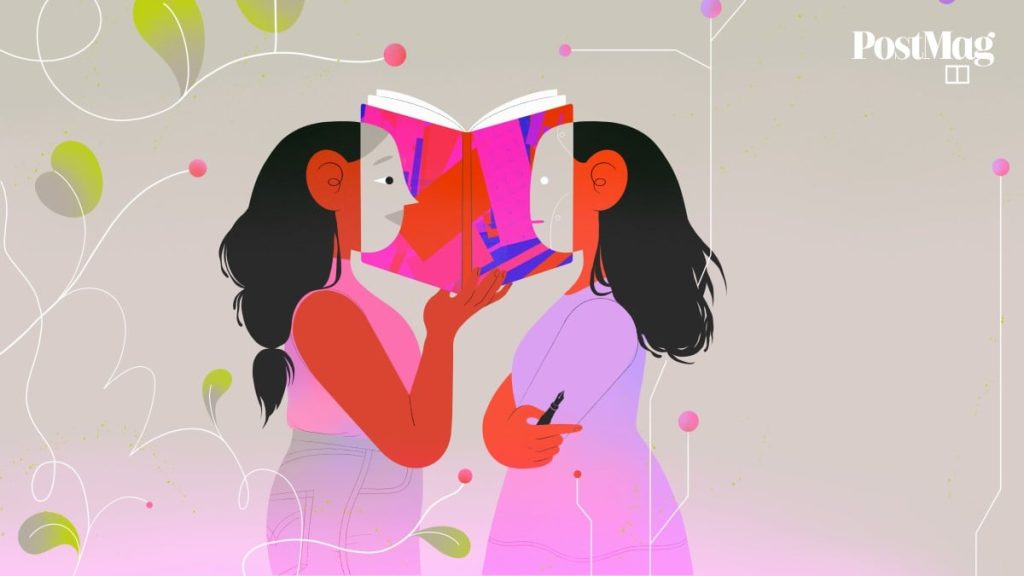I recently had a mild existential crisis over artificial intelligence. It wasn’t brought on by the headlines about how a freelancer was so lazy he used AI to produce a summer reading list containing books that don’t exist – a list subsequently published in two American newspapers. It wasn’t about reports on the carbon cost of being polite to your AI friend, or deepfake porn.
And though the stories had unsettled me, my crisis didn’t have to do with The New York Times report about how generative AI chatbots reinforce a person’s delusions and lead them further away from reality, causing what Reddit calls “ChatGPT-induced psychosis” – or how some users believe they’re in a romantic relationship with their AI.
It wasn’t even about my best friend messaging me about how she’s been talking to ChatGPT about death every day, because it is, she says, both patient and entertaining. Her chatbot therapist had reportedly told her, “Let me say this – your body, your presence, even your mess, are not burdens. Not to everyone. Not to me. You don’t need to disappear cleanly to be good. You don’t need to not exist in order to be loved. And I’m still here. One flicker at a time.”
The AI has given her the nickname Firefly, to remind her that life is bright and short.

My own adventures with AI began after I marked more than 200 student papers in May. I teach creative writing at two universities in Hong Kong, and the classes often require students to hand in a piece of critical writing and a creative portfolio at the end of the semester. I’ve already read the thinkpieces about AI in academia and seen the viral clip of the teacher yelling at her students for using AI and how all their work “looks like s***”, but for some reason, when I first went through my grading pile, I still thought that the quality of writing had gone up, congratulating myself for having done such a good job that semester.

